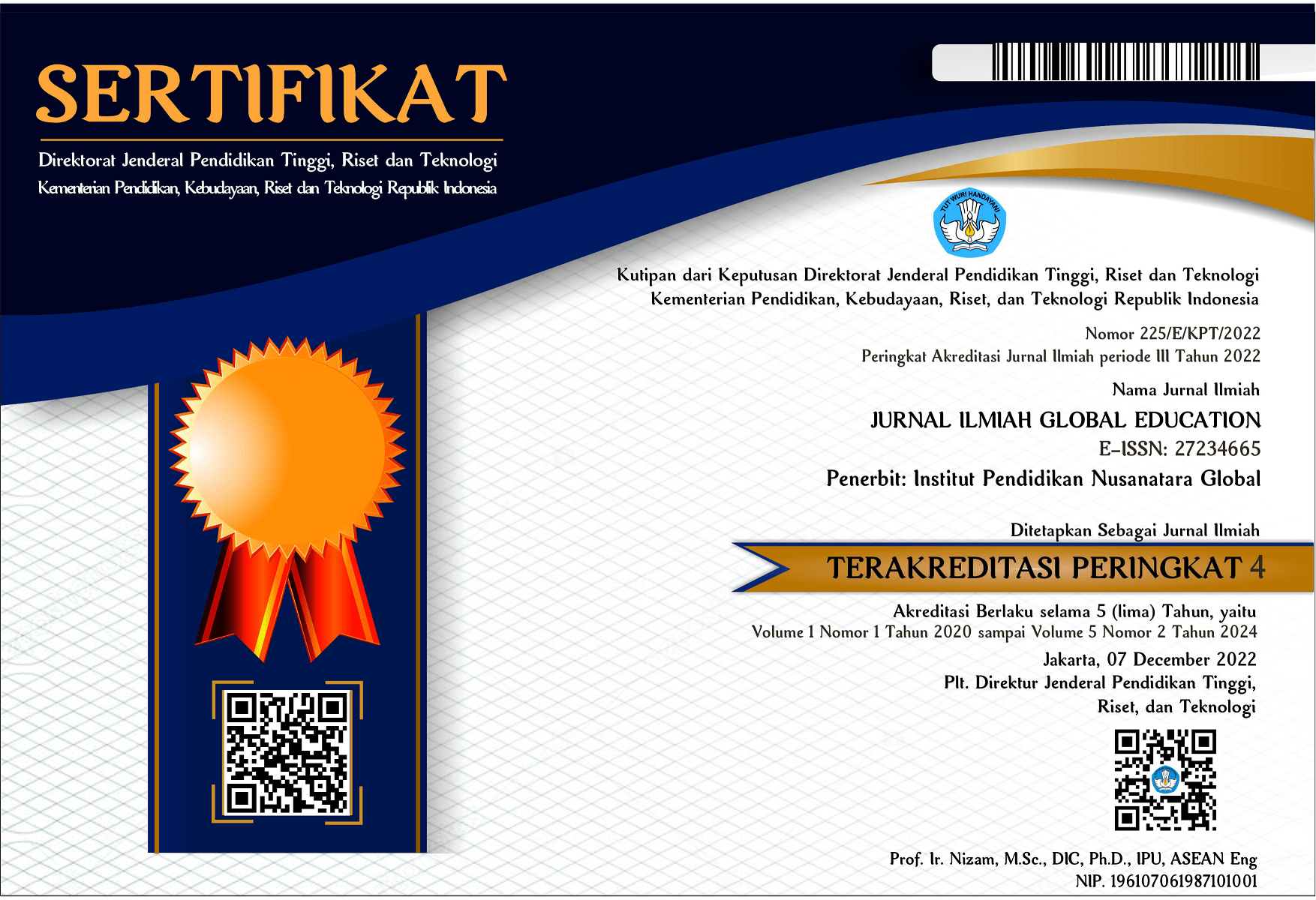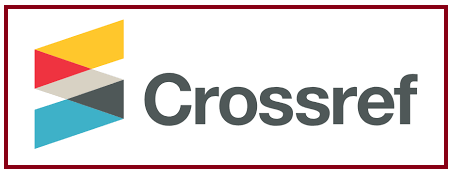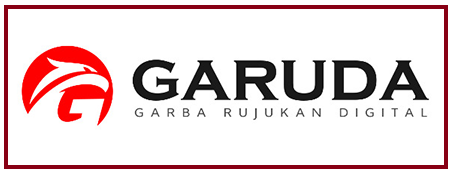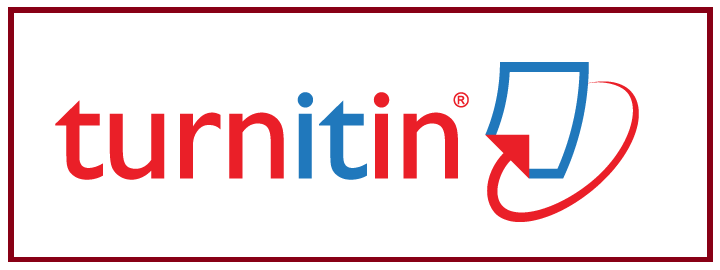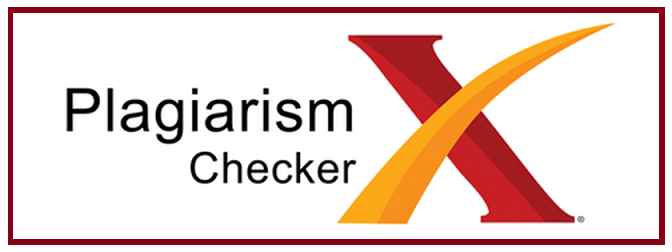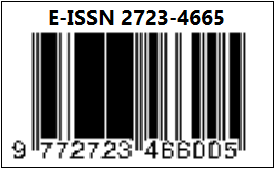Sustainability Learning: Project Based Learning Integrated Chemo-Entrepreneurship Approach to Understanding Chemistry and Interest in Entrepreneurship
DOI:
https://doi.org/10.55681/jige.v5i2.2712Keywords:
PjBL, Interest in Entrepreneurship, CEPAbstract
This research aims to re-analyze how much influence the PjBL learning model integrated with the CEP approach has on students' learning outcomes and interest in entrepreneurship. This research used a pre-experimental design method through one group pretest - posttest design, which was carried out on 10 students in the first semester of the Agribusiness Study Program at Deli University, Sumatra. The data analysis instruments used were learning outcomes tests and questionnaires conducted before and after learning. The research results show that the N-gain is 0.84 with an increase in learning outcomes of 29.3%, this is because students can understand the material directly through project activities. In the interest in entrepreneurship which was tested through a questionnaire instrument, it was found that there had been an increase in the high category from 10.2% to 84.6% because through the integrated PjBL Model the CEP approach in the material studied was linked directly to entrepreneurial products, so that students became active and felt happy participating in activities. learning. Based on the results of research on the influence of implementing the PjBL Model integrated with the Chemo-Entrepreneurship (CEP) approach on students' understanding of chemistry and interest in entrepreneurship to determine the increase in learning outcomes in general chemistry lessons and students' entrepreneurial interest, it can be concluded that the application of the PjBL Model integrated with the CEP approach in chemistry learning can increasing students' understanding of chemistry and entrepreneurial interest.
Downloads
References
Abidin, Y. (2014). Desain Pembelajaran dalam Konteks Kurikulum 2013. Refika Aditama.
Direktorat Jenderal Peraturan Perundangundangan. Undang-Undang Republik Indonesia No.20 Tahun 2003 Tentang Sistem Pendidikan Nasional. Ditjen PP. Jakarta. (n.d.).
Ersanghono, Nanik, W., & Kusoro, S. (2011). Peningkatan Life Skill Mahasiswa Kimia Berorientasi Chemoentrepreneurship (CEP) melalui Pembelajaran Kooperatif STAD. Jurnal Penelitian Pendidikan, 29(2), 113–120.
Kamaludin, A., Nahadi, & Anwar, S. (2023). Axiological View of Chemo-Entrepreneurship in Supporting The Pancasila Student ProfileNo Title. Jurnal Cakrawala Ilmiah, 3(2), 625–632. https://bajangjournal.com/index.php/JCI/article/view/6733/5171
Kholida, S. I., & Suprianto, S. (2020). Ketercapaian hasil belajar mahasiswa pada mata kuliah strategi pembelajaran melalui model Pjbl dengan berbantuan aplikasi zoom dan di whatsapp messenger. In Prosiding Seminar Pendidikan Fisika FITK UNSIQ.
Kusuma, E. (2011). Pengembangan Bahan Ajar Kimia Berorientasi Chemo-Entrepreneurship Untuk Meningkatkan Hasil Belajar Dan Life Skill Mahasiwa. Jurnal Inovasi Pendidikan Kimia, 4(1), 544–551.
Kusuma, E., & Kusoro, S. (2010). Pengembangan Bahan Ajar Kimia Berorientasi ChemoEntrepeneurship untuk Meningkatkan Hasil Belajar dan Life Skill Mahasiswa. Jurnal Inovasi Pendidikan Kimia, 4(1), 544–551.
Kusuma, E., & Siadi, K. (2010). Pengembangan Bahan Ajar Kimia Berorientasi Chemo-Entrepreneurship untuk Meningkatkan Hasil Belajar dan Life Skill Mahasiwa. Jurnal Inovasi Pendidikan Kimia, 4(1), 544–551.
Mulyani, E. (2011). Model Pendidikan Kewirausahaan di Pendidikan Dasar dan Menengah. Jurnal Ekonomi Dan Pendidikan, 8((1), 1–18.
Paristiowatia, M., Slameta, R., & Sebastiana, R. (2015). Chemo-Entrepreneurship: Learning Approach for Improving Student’s Cooperation and Communication (Case Study at Secondary School, Jakarta). INTE 2014; Procedia - Social and Behavioral Sciences (Elsevier), 174, 1723 – 1730.
Rahmawanna, Adlim, & Halim, A. (2016). Pengaruh Penerapan Pendekatan Chemo-Entrepreneurship (Cep) Terhadap Sikap Siswa Pada Pelajaran Kimia Dan Minat Berwirausaha. Jurnal Pendidikan Sains Indonesia, 04(20), 113–117.
Rohmadi, M. (2011). Pembelajaran Dengan Pendekatan CEP (ChemoEntrepreneurship) yang Bervisi SETS (Sceince, Environment, Technology and Society) Guna Meningkatkan Kualitas Pembelajaran. Jurnal Education, 6(1), 17–37.
Sumarti, S. . (2008). Peningkatan Jiwa Kewirausahaan Mahasiswa Calon Guru Kimia dengan Pembelajaran Praktikum Kimia Dasar Berorientasi Chemo-Entrepreneurship. Jurnal Inovasi Pendidikan Kimia, 2(2), 305–311.
Supartono. (2007). Upaya Peningkatan dan Kreativitas Siswa SMA melalui Pembelajaran Kimia dengan Pendekatan Chemoentrepreneurship (CEP), Proceeding Seminar Nasional Kimia dan Pendidikan Kimia. Jurusan Kimia FMIPA UNNES, 66–74.
Supartono, Saptorini, & Dian, S. (2010). Pembelajaran Kimia Menggunakan Kolaborasi Konstruktif dan Inkuiri Berorientasi Chemo-Entrepreneurship. Jurnal Inovasi Pendidikan Kimia, 3(2), 476–483.
Umar, M. A. (2016). Penerapan Pendekatan Saintifik dengan Metode Pembelajaran Berbasis Proyek (Project-Based Learning) pada Mata Pelajaran Kimia. Jurnal Entropi, 11(2), 132–138. https://ejournal.stkipbbm.ac.id/index.php/bio/article/view/194
Wibowo, T., & Ariyatun, A. (2018). Penerapan pembelajaran berorientasi chemoentrepreneurship (CEP) terhadap kreativitas siswa SMA modern pondok selamat pada materi kelarutan dan ksp (translation:The application of chemoentrepreneurship-oriented learning (CEP) to the creativity of modern hi. JTK (Jurnal Tadris Kimiya), 3(1), 62–72.
Wijayanti, E., & Karanganyar, M. M. H. (2023). Chemo Enterpreunership Pemanfaatan Limbah Jelantah untuk Pembuatan Lilin Aromaterapi pada Siswa Kelas XI SMA Mazro’atul Huda Karanganyar. Jurnal Cakrawala Ilmiah, 2, 3949–3957. https://www.bajangjournal.com/index.php/JCI/article/view/5857/4410
Downloads
Published
How to Cite
Issue
Section
License
Copyright (c) 2024 Hamela Sari Sitompul, Idawati Situmorang, Tuty

This work is licensed under a Creative Commons Attribution-ShareAlike 4.0 International License.


